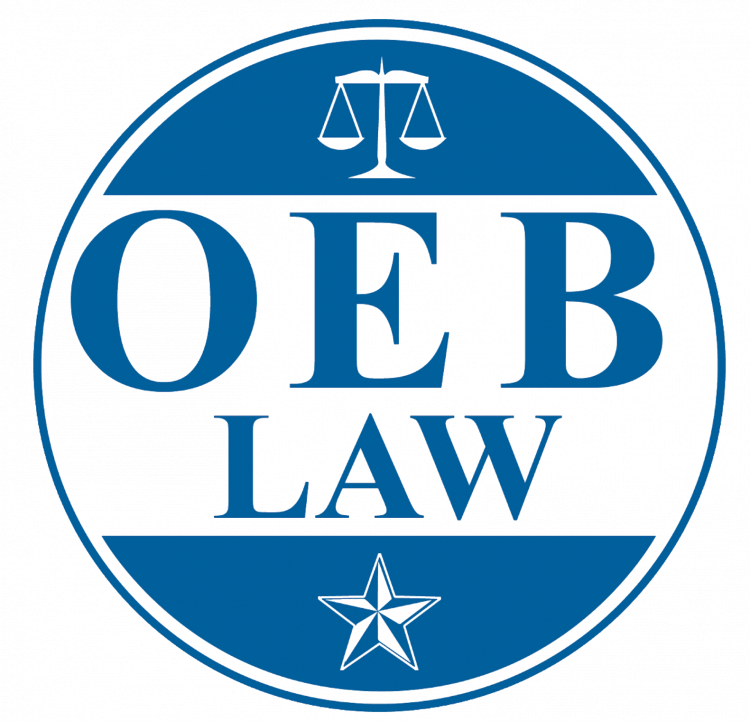The U.S. Food and Drug Administration (FDA) has not recently recalled any hernia mesh products, but the federal agency has announced recalls issued by several hernia mesh manufacturers.
Generally, manufacturers initiate recalls after receiving repeated complaints about one or more of their products. The FDA can request that manufacturers recall a defective product from the market, as well.
The FDA Enforces Regulations Surrounding the Recall of Defective Products
If a manufacturer refuses to recall their products, the FDA can exercise its authority to seize the offending products by identifying them as a public health threat. The FDA can also file an injunction to stop a company from manufacturing a device. The FDA took this action with Atrium Medical Corporation.
In 2012, the FDA sent a warning letter to Atrium, a subsidiary of Maquet Holding B.V. & Co. KG, for failing to comply with the FDA’s quality system regulations over the production of its C-QUR hernia mesh and other mesh products.
When Atrium failed to address the issues to the FDA’s satisfaction, the FDA filed an injunction against the company. The FDA won the injunction in 2015 to stop Atrium from distributing its C-QUR hernia mesh. Atrium and FDA later reached an agreement over the issue.
Mesh Manufacturers That Have Issued Recalls in Recent Years
There have been several notable hernia mesh recalls in recent years:
- Atrium Medical. Recalled its C-QUR mesh.
- Davol, Inc., a division of C. Bard, Inc. Recalled three of its products: the Bard Ventralight ST; the Bard 3D Max Mesh; and the Bard Composix Kugel Mesh
Kugel Mesh Recall Expansion
There are times when a recall begins with one type of a product and later expands to include other versions of the product. This is what happened with the Bard Kugel Mesh Patch.
Davol, Inc. issued a recall of the Bard Composix Kugel Mesh extra large patch in December 2005 because of the potential for its memory recoil ring to break and possibly cause bowel perforation and chronic enteric fistula.
In 2006, the FDA and Davol, Inc. announced a recall expansion that included the oval “midline” size patches as well as large oval and large circle products manufactured before 2004.
In February 2007, the recall expanded a third time when the FDA gave it a Class 1 status, its most serious classification. Products given Class I status have the potential to cause serious health problems or death.
Market Removal Is Not the Same as a Recall
Market removals and withdrawals differ from recalls because they are voluntary and, often, proactive. For example, Ethicon, Inc., a subsidiary of Johnson & Johnson, initiated a global market withdrawal of its Physiomesh Flexible Composite Mesh in 2016 after studies showed the device had higher hernia recurrence and revision surgery rates than comparable devices.
Justifications for Hernia Mesh Recalls
Hernia mesh products were recalled because they caused complications for implant patients. These injuries ranged in severity, and could include:
- Bowel obstruction
- Bowel perforation
- Hernia recurrence
- Infection
- Organ perforation
- Pain
In some cases, patients underwent one or more surgeries to remove the hernia mesh implant.
Recalled Hernia Mesh Products May Still Be In Use
Patients have filed reports to the FDA over hernia mesh devices still on the market. The reports note that patients have suffered complications such as:
- Bleeding
- Mesh infection
- Mesh shrinkage
- Seroma (fluid build-up at the surgical site)
Mesh migration is also a common problem among implant patients. When the mesh becomes detached from its original implant site, it can move to different part of the body and attach itself to surrounding tissues or organs.
As a result of these complications, many patients have filed lawsuits against hernia mesh manufacturers over the injuries they suffered because of the medical devices.
How to Learn More About Your Hernia Mesh’s Recall Status
It is not normal to experience severe pain after hernia mesh surgery. If you are experiencing complications that you believe are associated with your hernia mesh, ask your doctor for more information about the specific mesh they used and whether the FDA has recalled that device.
The FDA also maintains a page on its website of recently recalled medical devices. The public can also search the agency’s Medical Device Recalls Database for specific hernia mesh products.
If You Have Suffered Complications from Hernia Mesh, Help Is Available
If you or a loved one suffered complications from a hernia mesh implant, you may be eligible to recover compensation from the device’s manufacturer.
To learn more about available legal options, contact the Law Offices of Ogle, Elrod & Baril, PLLC. Our lawyers can help victims who suffer due to faulty drugs and medical devices pursue compensation for medical bills, lost wages, pain and suffering, and other damages.
Call 865-546-1111 to schedule a free, no-obligation consultation today.
